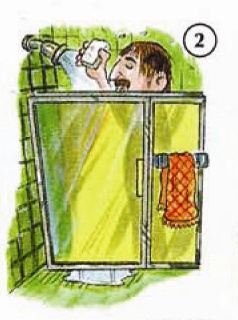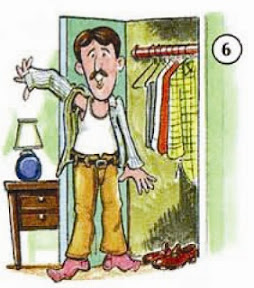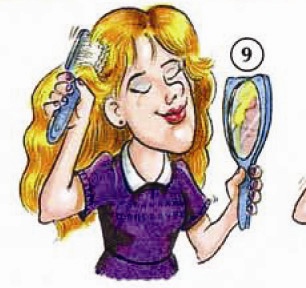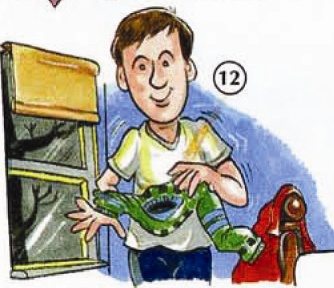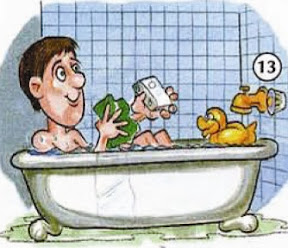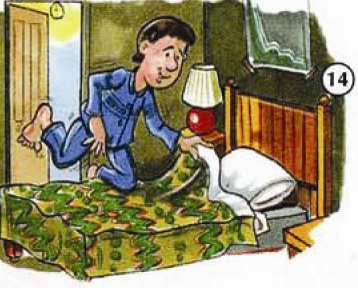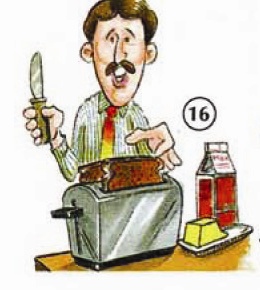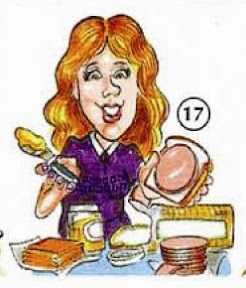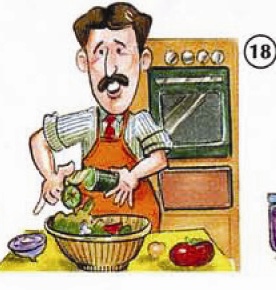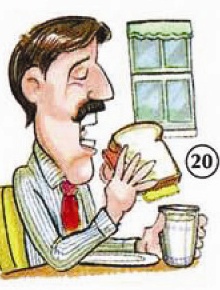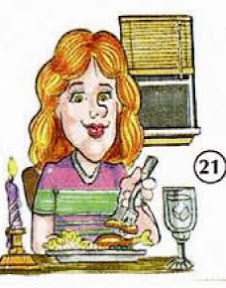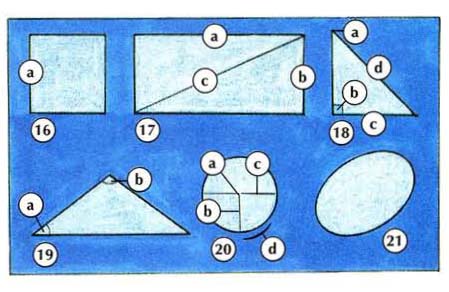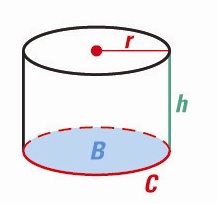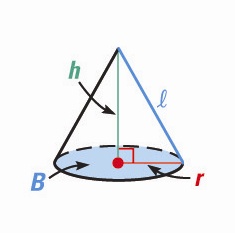1.
IntegersIntegers are whole numbers.. .-4,-3,-2,-1,0, 1,2,3,4,5.......
Positive integers are the numbers 1,2,3,4,5....
Zero is neither positive nor negative.
Negative integers are the numbers -1,-2,-3,-4,-5,-6,-7
Consecutive integers are writeen as x, x+1, x+2,....
Consecutive even or odd integers are written as x, x+2, x+4, x+6,.....
2.
NonintegersNonintegers are numbers which have a fractional part.
Examples of nonintegers are t, 3.75, -1/2, 5/6 and pi.
3.
Adding/Subtracting Signed NumbersTo add a positive and a negative, first ignore the signs and find the positive difference between the number parts. Then attach the sign of the original number with the larger number part.
For example, to add 41 and -28, first we ignore the minus sign and find the positive difference between 41 and 28,which is 13. Then we attach the sign of the number with the larger number part. In this case it's the plus sign from the 41. So, 41 + (-28) = 13.
Make subtractions simpler by turning them into addition. For example, think of
-18 -(-26) as -18 + (+26).
To add or subtract a string of positives and negatives, first turn everything into addition. Then
combine the positives and negatives so that the string is reduced to the sum of a single positive
number and a single negative number.
4.
Multiplying/Dividing Signed NumbersTo multiply and/or divide positives and negatives, treat the numbes as usual and
attach a minus sign if there were originally an odd number of negatives. For example, to multiply -2, -4, and -6, first multiply the number parts:
2 X 4 X 6 = 30. Then go back and note that there were three negatives (an odd number), so the
product is negative: (-2) X (-4) X (-6) = -48.
5.
Order of OperationsPerform multiple operations in the following order:
a) Parentheses
b) Exponents
c) Multiplication and Division (left to right)
d) Addition and Subtraction (left to right)
In the expression 9 -3 X (6 -3) + 6/3 , begin with the parentheses: (6 -3) = 3. Then do the exponent: (3)(3) = 9. Now the expression is: 9 -3 X 9 + 6/3. Next do the multiplication and division to get: 9 - 21 + 2, which equals -10.
6.
Counting Consecutive IntegersTo count consecutive integers,
subtract the smallest from the largest and add 1. To count the
integers from 18 through 56, subtract: 56 -18 = 38. Then add 1: 38 + 1 = 39.
7.
Absolute ValueThe absolute value of any number is its distance from zero on the number line. The absolute value of a positive number is simply that number. To find the absolute value of a negative number, just drop the negative sign. Absolute value is represented by putting two vertical lines around the number. So the absolute value of 8 = /8/ = 8. The absolute value of -43 = /-43/ = 43. The absolute value of any nonzero number is
always positive. The absolute value of 0 is 0.

